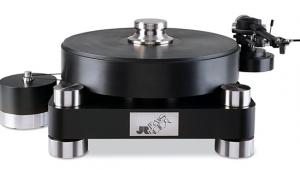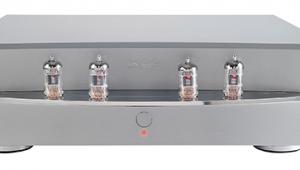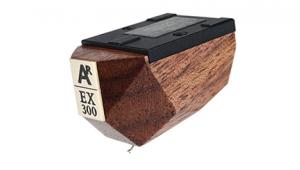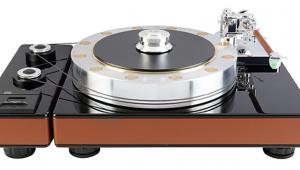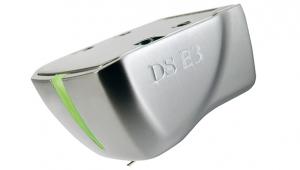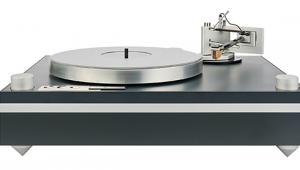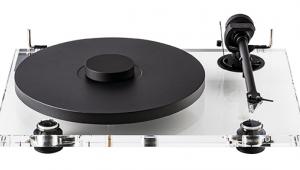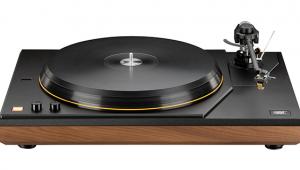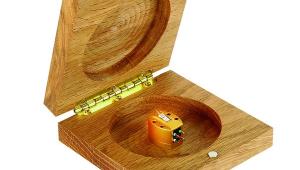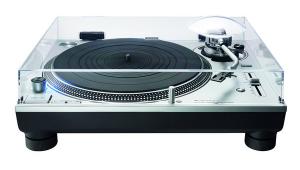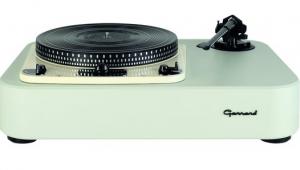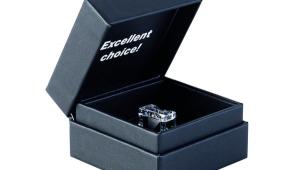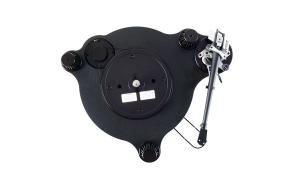DS Audio Grand Master Cartridge Page 2
As mentioned, I tried assorted DS Audio cartridges with their non-matching equalisers (non-matching in price, that is). All the gains and losses were audible when making such swaps, so you should purchase the best equaliser you can afford.
![]() Let There Be Light
Let There Be Light
The shocker was trying the DS-E1 cartridge – the company's least expensive model at £1010 – into the Grand Master (GM) energiser, rather than when playing the GM cartridge through the DS-E1 energiser, which is also 'entry level' at £1410. I learned from the swaps that 1) the DS-E1 – cartridge and energiser – is even better value than I first realised, and 2) that the GM's virtues were not masked by the DS-E1 energiser, even if it is far less refined than the GM energiser at 27x the price. Hence, I would posit that the cartridges contribute more to the overall result than the energisers, so the best way to approach DS cartridges if one wishes to upgrade is to focus on the cartridges first, and then the energisers.
Of course, the listening was done in balanced, all-Grand Master mode, and what knocked me out was the bottom end on the remastered John Lennon set, Gimme Some Truth [Universal 2435 00198]. Aware that these were completely remixed, I listened to them a few times on my reference system, rather than recall the originals.
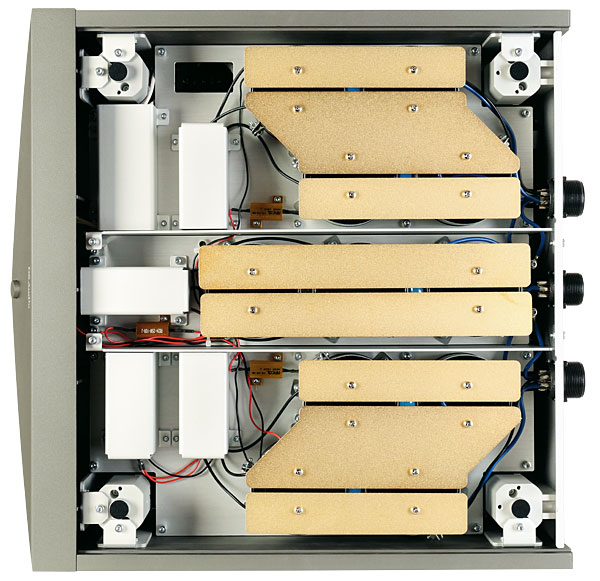
Ultra Vivid
That aside, the first impression was of an extended, unconfined bass, with 'Cold Turkey' – menacing in any form – acquiring more mass, more substance. It was a repeat of my earlier experience with the Master 1. There's a whole layer of schmutz removed from the bottom. 'Clean bass'? Is it even a thing, compared to 'clean treble'? Whatever standard one applies to the lowest octaves, this cartridge delivers weight to support all that comes above, which is a glorious, open, fast sound.
'Open' is the crucial adjective, because this cartridge is so clean, so transparent that listening into the music is as easily accomplished as with ½-track reel-to-reel tapes from the 1950s. To hear even the jaunty 'Oh Yoko' – an ode to the woman responsible for more pretentious, insufferable noise than anyone I can name – as an irresistible jingle was as disconcerting as what followed. Let's not mince words: any old Beatles fan like me knows Lennon's voice. And yet these familiar vocals, via the Grand Master, were more real, more vivid – the intimacy afforded 'Oh My Love' had Lennon delivered to my room with such conviction that I was getting too emotional to be critical.
Blues Workout
As the next track was his hateful 'How Do You Sleep', grounds enough to think less of Lennon, I was relieved to turn to something scrappy, an album one could hardly call 'audiophile', even if I was listening to the new, superlative edition from the Speakers Corner label. The Paul Butterfield Band's East-West [Elektra/Speakers Corner EKS-7315] is an oddity: Chicago blues segueing into 'raga rock'. Even so, I sat through the album's title-track closer, normally something I eschew because it's 13 minutes of hippie excess.
On the other hand, it starred the guitars of Mike Bloomfield and Elvin Bishop, as well as Butterfield's harp, so this provided a workout for the Grand Master cartridge above its bass capabilities and irrespective of the spatial concerns.
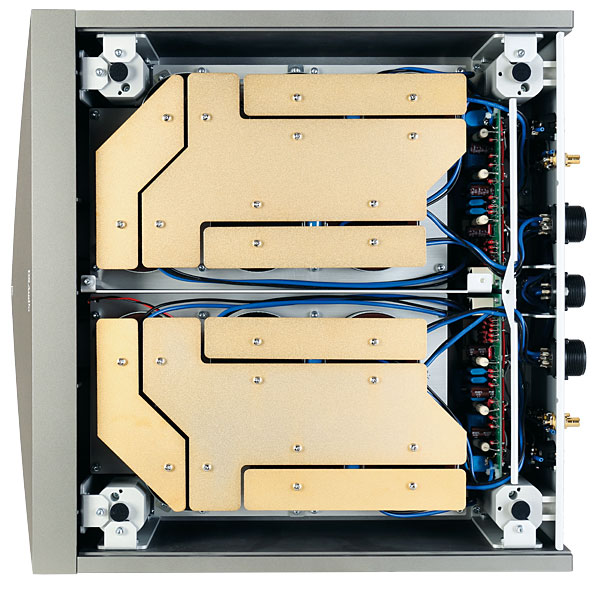
Master At Work
It's hard to describe the fluidity and attack of Bloomfield, whose legend is slipping out of the public consciousness simply due to the passing of time. If you know the work of the also-departed Stevie Ray Vaughn, you have a handle on this sort of prowess. For the Grand Master, the transients were conveyed with absolute precision, no decay issues, no marring of either the clarity or the screech, as required. As the solos are identified in order, one gets to compare the funkier Bishop with the more aggressive Bloomfield, and the guitarists among you will even be able to identify the guitars, if not the string manufacturers. This cartridge therefore comes across as both a tool for assessment as well as a means for musical fulfilment.
Another new remastering of note is The Doors' anniversary reissue, Morrison Hotel [Rhino/Electra R2 627602]. 'Roadhouse Blues', kicked off what many critics felt was their best album to date, raw raunch that wouldn't have embarrassed Butterfield and Co. This, too, was a showcase for a familiar voice, Morrison's nasally sneer not quite as acidic as Lennon's but conveyed with such authority that I was forced to dig out their eponymous debut [Elektra EKS-74407] and listen to it in its entirety, transfixed by the Grand Master's, well, mastery. Yes, it's that kind of cartridge.
Hi-Fi News Verdict
DS Audio cartridges are so ghostly quiet compared to MCs that there could be culture shock when first hearing one. I'll never forsake Deccas or Koetsus, but the Grand Master is so truly supreme in resolution, transparency, spatial recreation, neutrality and any other parameter I can name that it's impossible for me not say what I usually try to avoid: 'This may be the best cartridge I've ever heard.'


